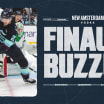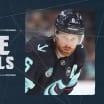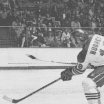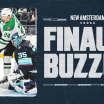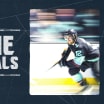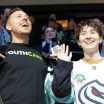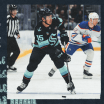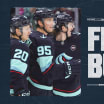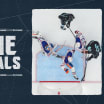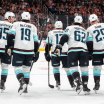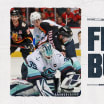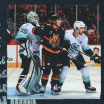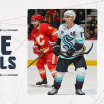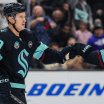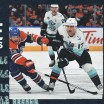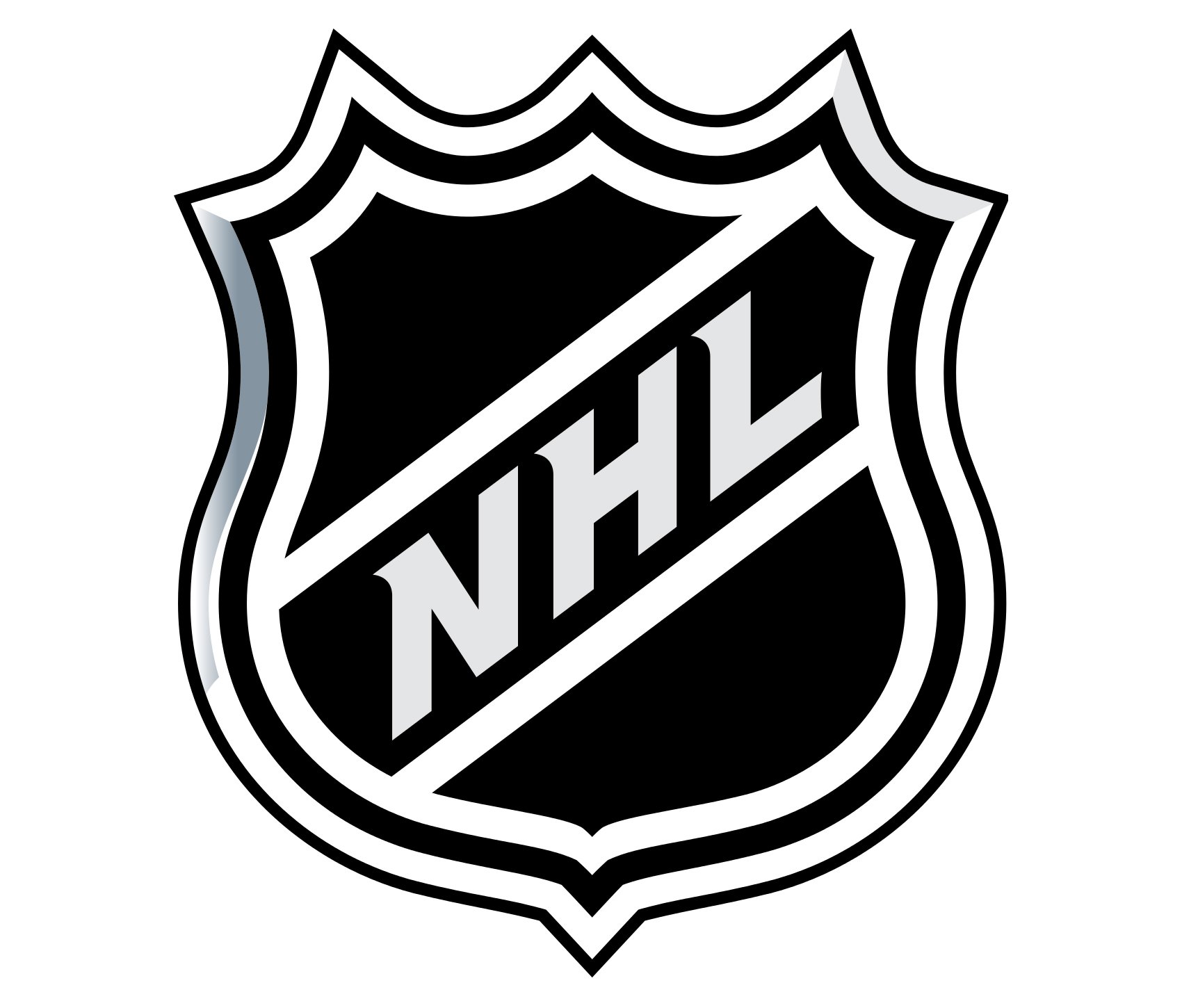Early classes will likely include balance work and lean toward slow-motion movement to highlight technique. Day one always includes a lesson in how to fall and protect yourself.
"It's about maneuvering their bodies and staying safe," says Goodwin. "Kids learn how to fall safely and get up by themselves."
The
Learn to Skate USA
curriculum is endorsed by
USA Hockey
and
US Figure Skating
.
For hockey players, once they complete the NHL Learn to Play program, they will advance to continue developing their skills in the "Squid Squad" in-house program. Eight-year-olds and up will be able to compete in 8U, 10U, and 12U Jr. Kraken league play teams. Kids desiring to be figure skaters will join Emerald Edge programs.
The hockey programs will follow
NHL's Learn to Play
principles and format, plus integrate USA Hockey's "
Come Play Youth Hockey
" tenets into all classes and team play.
One detail for parents new to the sport and/or who played themselves more than a decade ago: In 2011, USA Hockey approved a rule that bans checking (using the body to disrupt an opponent) until players reach the 14U level.
No matter the skating choice, there will be "no yelling and screaming," says Hlinka, and they'll be "doing it the fun way."
The fun factor is worth repeating for emphasis. Rob Lampman, general manager for the Kraken Training Center says, "We are committed to developing a culture at the Kraken Training Center that reflects our organizational culture as an NHL team. We will build our programs to be inclusive and supportive, with an emphasis on growing the game through best in class coaching and long-term athlete development. Most of all, we always want to make it fun."
Lampman takes it one step further on the mission for the Kraken Training Center.
"We have a responsibility at Kraken Training Center to educate our players and the broader community not only about the game on the ice but the culture of hockey off the ice. The game can offer so much both on and off ice. Through the Kraken we hope to share the many experiences this game can offer to the community at large, youth and adult players, families and fans" says Lampman. "We invite all community members to be part of it, whether they're skaters or fans."


